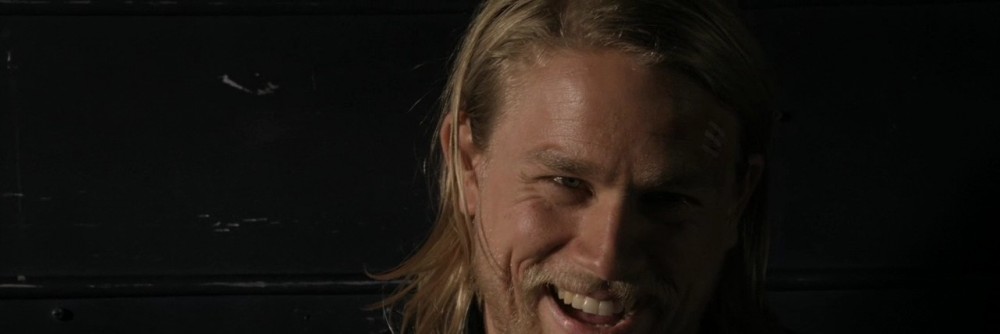(also reviewed)
Order DRIVE here
When a band clicks, when four people swing as one and can anticipate what everyone else is going to do without even thinking about it, it’s like you’re levitating. There’s nothing in the world quite like playing with a good band.
Ask any north american 12 year old what they want to be when they grow up. The two most popular answers will probably be: professional athlete or professional musician. The quarterback and the rock star, along with the warrior, are the most commonly sold paradigms in today’s society. They are sexy things to do, but more important, they are sexy things to be. The popularity of rock star memoirs erupted during the last decade, as they told tales of excess and indulgence, but also showed how volatile a rock star status can be. Rob Roberge‘s THE COST OF LIVING is an interesting literary experiment about the all the truth there is to being a rock n’ roll genius.
Bud Barrett became famous as the lead guitarist of The Popular Mechanics, a wild and entertaining cowpunk band. But his drug addiction eventually got him kicked out of the band and sent him into a downward spiral of self-destruction. As Bud goes through the usual channels for addicts who want to feel better (therapy, narcotics anonymous, all that jazz), he keeps coming back to two life-defining events: the apparent suicide of his mother and the memory of his father killing a man before his very eyes. Following another devastating loss and the resurgence of his drug habit, a tired Bud will try to make amends one last time and maybe get answers to the two mysteries that shaped his existence.
After tackling what lies behind the dream of professional sports in DRIVE, Roberge attempted something slightly different in THE COST OF LIVING and created an archetypal broken, yet borderline genius musician and gave him the most realistic intent of getting over his drug habit. The way Roberge writes about drugs is interesting and realistic. They control Bud’s life, steer him away from those who love him and make him do things that go against his principles. The clash of realism and social mythology is very important to the alchemy of THE COST OF LIVING. Drugs, family and haunting memories are used as a fresh coat of paint over the rock star stereotype Bud Barrett could have been. But he’s not and reading the sensitive, broken-child part of Bud Barrett peaking through his addiction si what makes THE COST OF LIVING so engaging.
”People are idiots. Saying everything happens for a reason.” He laughed. ”Everything happens. Period. End of fucking sentence.”
THE COST OF LIVING is a fragmented narrative, broken into flagship chapters about Bud’s life. That a good and a bad thing both. It’s a bold decision, for sure. It’s a good decision because it enhances the memoir feel of the novel and it makes a layered narrative since not all the parts are interconnected. But it’s also harmful to the ongoing drama sometimes as several of Bud’s memories are about crazy excess and slaving over the next hit. These chapters are entertaining in themselves, but put next to one another, they feel kind of loopy, like Bud is stalling rather than relapsing every time. Bud talks a lot about therapy and rehab, but there is no chapter that deals directly with this (even if Bud says he spent over two years in rehab). Maybe it was the missing piece that would have created a greater perspective about Bud’s drug habit.
Rob Roberge‘s THE COST OF LIVING is another hit. Maybe not a home run like DRIVE was, but if you keep the baseball analogy, it’s a single with one or two RBIs. Once again, Roberge gleefully pokes at the myths we all like to accept and believe and creates larger than life, larger than expectations characters, who transcend the archetypes that usually limits them. Rob Roberge is one of the most exciting new writers I came across in a long time. His capacity to single out what makes human being unique and beautiful is outstanding.


